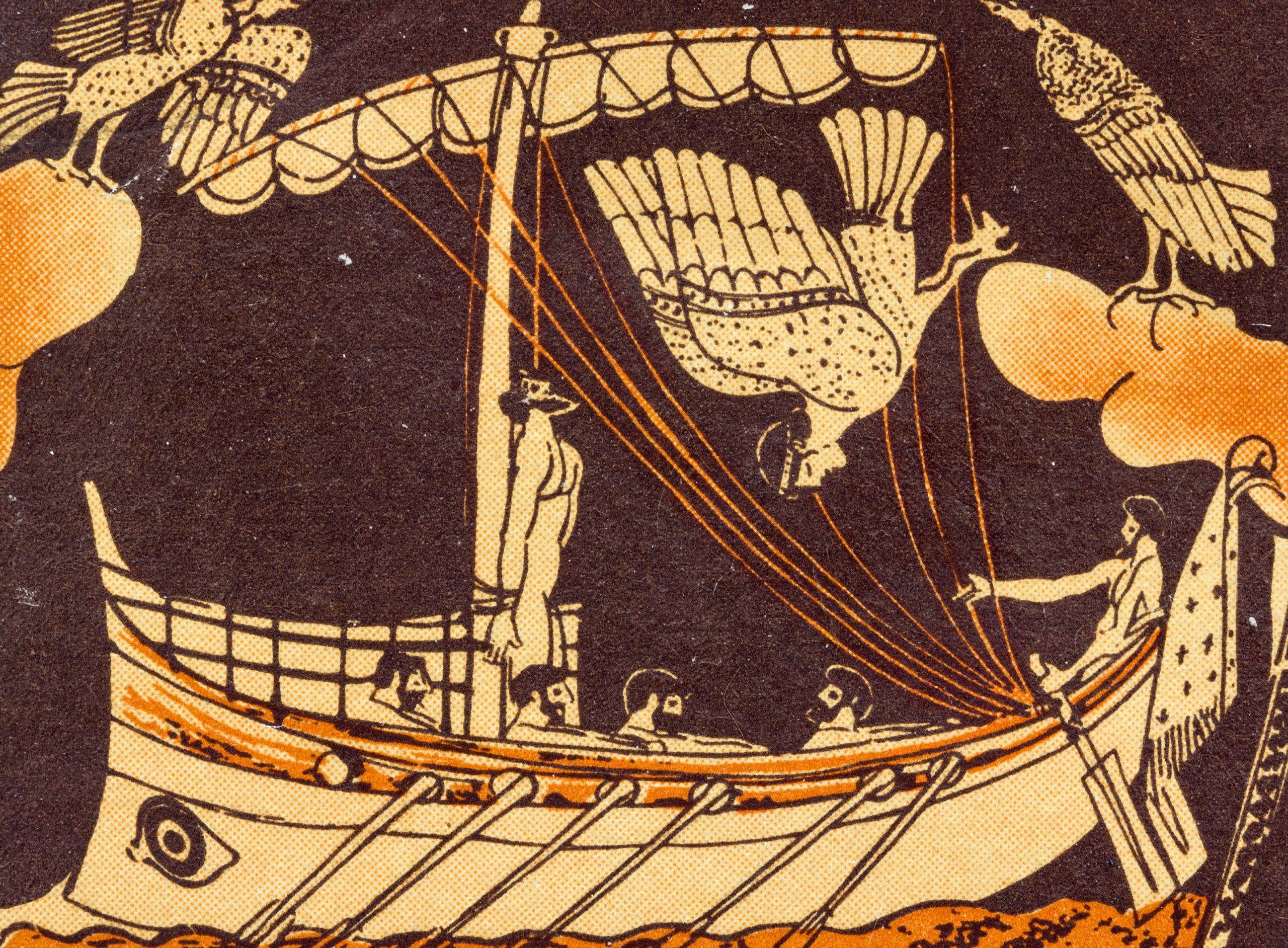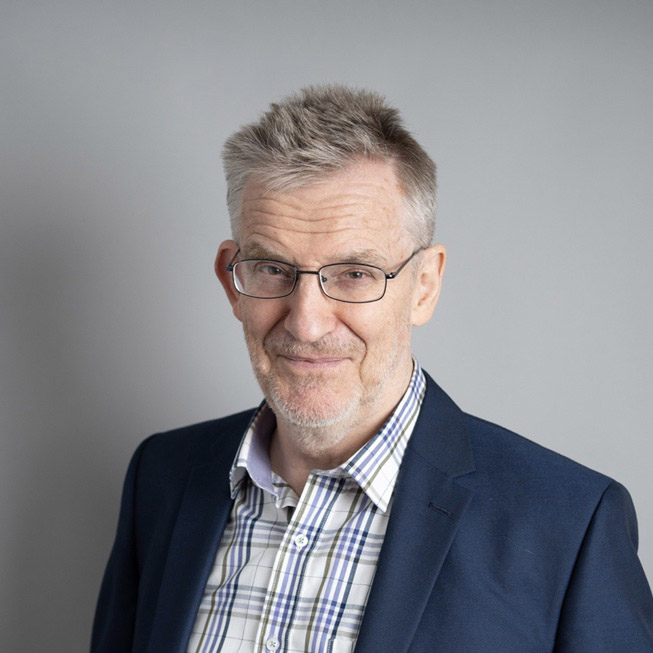Heroic or what?

Finally, on the topic of role models: this is not something just about the noteworthies of yesteryear. Watch young people wanting to be Harry Potter; watch old and young adults at Star Wars conventions identifying with their heroes. Part of our self-concept is the ‘ideal self’ – the person we aspire to be. Literature gives us great models we can emulate; and poetry gives us the very greatest models (aside from religious personages). The corollary of this is: if the literature does not promote goodness, truth and beauty, what does it encourage? And the answer is obvious: corruption, mendacity and ugliness. Does that sound familiar? Does that sound a lot like modern art and poetry? As Bloom expressed it, ‘Failure of culture is now culture.’
The deployment of form(s) and its appreciation is on the one hand a skill and knowledge set. Shakespeare writes blank verse; we not only see it on the page, but we hear it on stage or in our minds as we read. But on the other, it is much more than that. Dante’s The Divine Comedy is possibly, in the non-religious domain, the greatest and most successfully structured poem ever written: the numerology involved in the 100 cantos is astonishing, but then so is, at the micro-level, the actual form of terza rima itself: 3-line stanzas representing a profound tribute to the triune God whom we will encounter in the final canto of the sequence: the rhyming scheme of the poem, simply awesome in its power, complexity and sustained brilliance and beauty. Short lyricists may be compared to 100 or even 800-meter runners; and longer formal poems may be compared to 1500 to 10,000-meter performances; but Dante’s Comedy is the Marathon of them all – that sustained, long run that draws on the very deepest levels of the human spirit and soul. It is perhaps no coincidence that in making this comparison we know that the very first Marathon runner (Pheidippides) completed his task for Greece, and then promptly died; it seems this more or less happened to Dante – having finished the Comedy for Italy and the Italian language, he too died very soon after. Heroic, or what?
If it’s not clear already, then let me be more explicit: the beauty that we want – that our souls want – is to be found in form. Without form, there is no beauty; there is randomness, there is chaos, there is subjective whim, there is ego, and there is ugliness. Does this sound too subjective, or just an opinion? Consider then Eric Hedin’s recent comment (Cancelled Science, 2021): ‘Oftentimes we hear it said that beauty is only ‘in the eye of the beholder.’ But [Thomas] Dubay maintains that ‘both science and theology agree on the objectivity of beauty.’ In its characteristics of simplicity and elegance, beauty not only appeals to our minds, but also helps us identify scientific theories that correspond to reality. Physicist Paul Davies has said, ‘It is widely believed among scientists that beauty is a reliable guide to truth.’ The great architect and inventor, R. Buckminster Fuller, attested to it too: ‘When I’m working on a problem, I never think about beauty, I think only how to solve the problem. But when I have finished, if the solution is not beautiful, I know it is wrong.’
The poet John Keats – naturally as a poet might! – reached this conclusion without any research two centuries before. In his poem, Ode on a Grecian Urn, he concluded, ‘Beauty is Truth, Truth Beauty. – that is all / Ye know on earth, and all ye need to know.’ And he also said, ‘The excellence of every Art is its intensity, making all disagreeables evaporate, from their being in close relationship with Beauty and Truth.’ Beauty is not some idle luxury – it is itself creative and the source of creativity in others who experience it; and perhaps the final word on this is from Joachim-Ernst Berendt, ‘…one needs rhythms and meters to reach heavenly goals. Of Brahma it is said: ‘he meditated a hundred thousand years and the result of his meditation was the creation of sound and music.’ Imagine that!
If we are to live, as the Bible enjoins us to do, we need to re-establish a new vision of the great Tradition, and the living poetry without which our citizens are immersed in mendacious ugliness, and cut off from the vital springs of creativity that alone can renew us. For as GK Chesterton noted, ‘The boldest plans for the future invoke the authority of the past.’ It is, of course, the boldest plans that are the mark of the heroic.
Read the first discourse in the series: Old books? Oh, dear!

